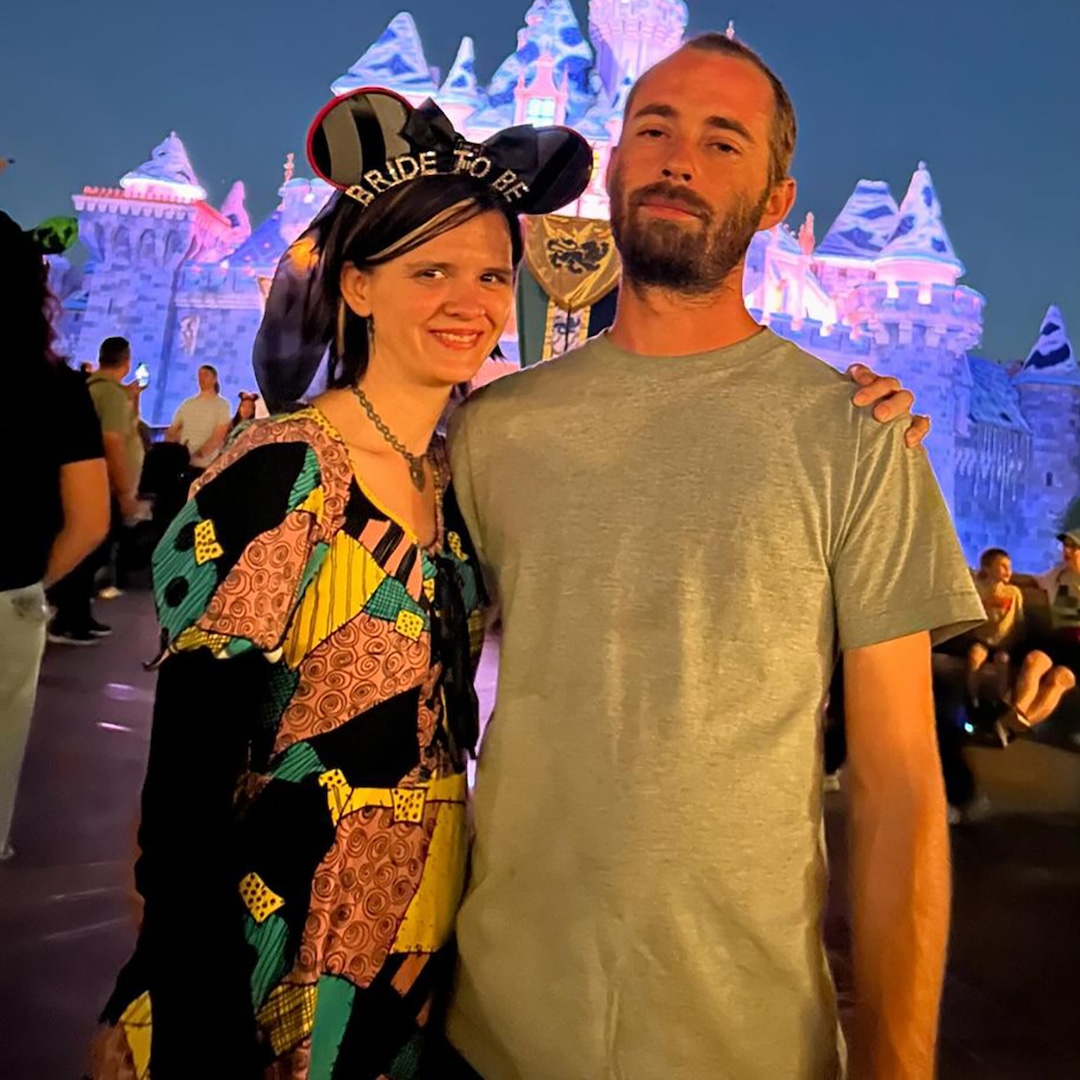Receive free Libya updates
We’ll send you a myFT Daily Digest email rounding up the latest Libya news every morning.
Clashes between powerful militias in Libya’s capital have shattered months of calm and led to the closure of Tripoli’s only functioning airport.
The fighting broke out late on Monday between the Special Deterrence Force, which controls Mitiga airport, and the 444 Brigade, which dominates southern parts of the city.
Although Libya has two rival governments in the west and east of the north African country, the real power is held by competing militias. Analysts say armed groups have replaced the state, infiltrating institutions and seeking to influence politics.
Libya has been plunged into chaos since the Nato-backed 2011 uprising that overthrew Muammer Gaddafi, the dictator who ruled for 42 years. The country fragmented in 2014 as rival power centres in east and west battled for control.
Conflict erupted again in 2019 when Khalifa Haftar, a former general and head of the self-styled Libyan National Army based in eastern Libya, tried and failed to seize Tripoli by force. Since a 2020 ceasefire the capital has been mostly calm apart from occasional outbursts of localised fighting.
Reports from Tripoli said the clashes started after the SDF seized Mahmoud Hamza, the commander of the 444 Brigade reportedly at Mitiga airport, east of the city.
Amin al-Hashemi, a Libyan journalist based in Tripoli, said fighting continued in southern districts on Tuesday and that 444 Brigade had vowed the clashes would end only when Hamza had been freed.
He added that there had been tensions between the two groups, which “have a longstanding rivalry over influence” in certain areas of the capital.
The SDF and the 444 Brigade backed Abdul Hamid Dbeibeh, head of the Government of National Unity (GNU) in brief fighting in May 2022 against Fathi Bashagha, a rival politician who tried to seize power in Tripoli.
The GNU was installed in March 2021 under a UN process and given the sole task of organising national elections by the end of the year. The poll was cancelled amid disputes over who was eligible to run and since then the divisions in Libya have become entrenched. Analysts say there is no sign of a political process leading to a single government exercising power across the whole country.
“This is the worst bout of urban warfare we have seen in Tripoli in a long time,” said Emadeddin Badi, senior fellow at the Atlantic Council. “More broadly it illustrates the fragility of the narrative of stability which the GNU always tries to signal.”
Flights to and from Mitiga airport have been diverted to Misurata, which is 180km to the east of Tripoli, according to reports. The health ministry has called on citizens to donate blood amid reports of casualties.
Abdoulaye Bathily, the UN envoy to Libya, said he “urged all parties to de-escalate the violence and respect the demands of the Libyan people for peace and stability”.
He added: “The current incidents remind us of the need for a broad political agreement that paves the way for elections and the unification of the state institutions.”
A July report by Wolfram Lacher, Libya specialist at the German Institute for International and Security Affairs, said armed factions “have progressively taken over the state”, influencing senior appointments and how state resources are distributed.
Lacher warned that the expanding powers of militias had led to “considerable potential for conflict” as disputes over revenue and resources could “quickly lead to armed confrontation”.





















![‘Chicago Med’ Recap Season 10, Episode 8 — [Spoiler] Dead or Alive ‘Chicago Med’ Recap Season 10, Episode 8 — [Spoiler] Dead or Alive](https://tvline.com/wp-content/uploads/2024/11/chicago-med-recap.jpg?w=650)


























































![‘911 Lone Star’ Season 5 Episode 8: Tommy’s Cancer Setback [VIDEO] ‘911 Lone Star’ Season 5 Episode 8: Tommy’s Cancer Setback [VIDEO]](https://tvline.com/wp-content/uploads/2024/11/911-lone-star-season-5-episode-8-tommy-cancer.jpg?w=650)